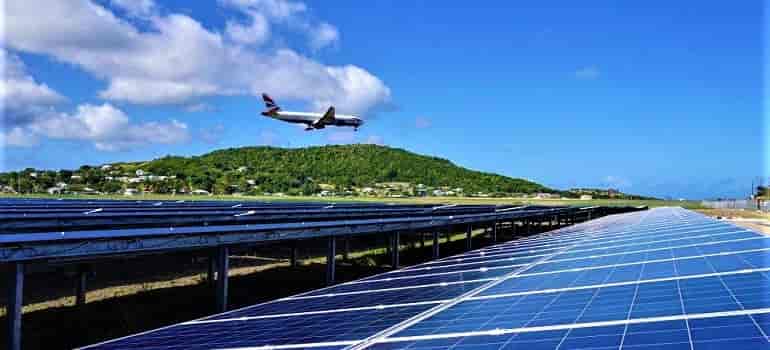
The proposed 7500 MW solar power projects in Leh and Kargil districts of Jammu & Kashmir are in safe regions said a top official in Solar Energy Corporation of India (SECI).
After the recent attack on CRPF personnel, concerns over the safety and viability of these projects were raised at a pre-bid conference. In this attach more than 40 Central Reserve Police Force personnel were martyred, the attack is being seen as the worst of its kind in many years.
Jatindra Nath Swain, Managing Director of SECI, speaking to BusinessLine said “The proposed 7,500 MW grid-connected solar power projects in Leh and Kargil districts of Jammu & Kashmir are in safe zones.”
Another SECI official during a pre-bid conference went to the extent of telling bidders that these projects are “in the safest part of the country.” “In fact, locals are supportive of these projects as they will ensure permanent jobs for 6,000 to 7,000 people in the region.”
In December last year as part of implementation of the first phase of the scheme for setting up of 23GW Solar PV Projects in Leh & Kargil regions in Jammu & Kashmir, SECI issued RfS document for setting up of 2500 MW in Kargil district and 5000 MW in Leh district.
Solar Power Developers selected by SECI based on this RfS, shall set up Solar PV Projects on Build Own Operate (BOO) basis in accordance with the provisions of this RfS document and standard Power Purchase Agreement (PPA).
“Lines for the Leh district project will run through Himachal Pradesh route. Lines for the Kargil district project will run through Srinagar route and will be connected at Wanpoh, and from there through existing lines. So, transmission line work for either of the projects may not be affected by current disturbances in the Kashmir valley,” Swain said to the publication. He added “It is challenging from the engineering point of view, but companies have already started working out innovative solutions.”
When asked about the safety of the projects after commissioning Swain said, “The companies themselves will be hiring people to guard the projects.”
